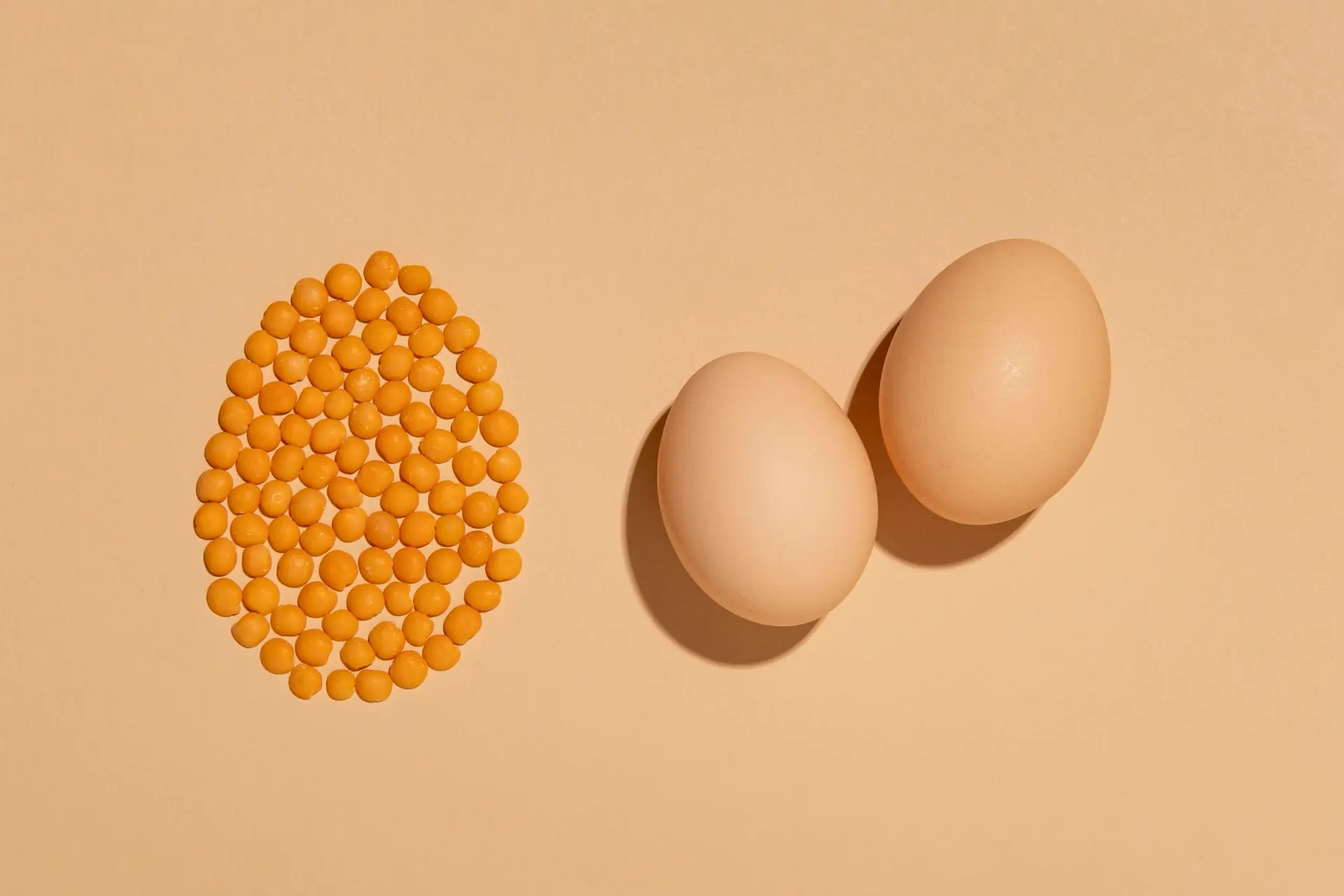Starting a family is a fascinating phase of life. If you’re exploring ways to grow your family, you might have come across Intrauterine Insemination (IUI) as one of the options. We’re here to walk you through how it works, what you can expect, and the factors that could influence its success. Our goal is to make this process as understandable as possible so you can make the choices that feel right for you.
Intrauterine Insemination, or IUI, is a fertility treatment that involves placing sperm directly into the uterus around the time when the ovary releases one or more eggs. This process increases the number of sperm that reach the fallopian tubes, making it easier for fertilization to occur. It’s often recommended for couples or individuals facing challenges like low sperm count, unexplained infertility, or those who need donor sperm.
The IUI process begins with monitoring your cycle to determine the best time for insemination. This can include ultrasounds and hormone tests, which help your doctor track your ovulation. In some cases, medications may be prescribed to stimulate ovulation and ensure that the timing is just right.
Once ovulation is detected, a sperm sample is collected. This sample is then “washed” to remove impurities and concentrate the healthiest sperm. The prepared sperm is gently inserted into your uterus using a thin catheter. The procedure is usually quick, taking only a few minutes, and while it might be a bit uncomfortable, most people find it to be manageable. Afterward, it’s back to waiting for the outcome.
Understanding the success rates of IUI can help manage your expectations. Generally, the success of IUI varies depending on factors like age, the reason for infertility, and whether fertility medications are used. On average, the success rate for IUI ranges between 10% to 20% per cycle for people under 35. As age increases, the success rates may decline, especially after the age of 40.
While IUI can be a more accessible and less invasive option compared to other treatments like IVF, it may require multiple attempts. A study published in Fertility and Sterility found that most successful IUI pregnancies occur within the first three to six cycles. This means that it’s okay if it doesn’t work the first time; persistence can be a part of the process.
But is IUI the right decision for you? Deciding on IUI is a deeply personal choice, and it’s important to talk to your fertility specialist about your unique circumstances. For some, it’s a good first step before moving on to more intensive treatments like IVF. It’s also an option for those who want to try a less invasive procedure that still offers a structured approach to conception.
IUI is especially effective for certain conditions, such as mild endometriosis, cervical factor infertility, or when a partner has mild male infertility issues. For individuals or couples using donor sperm, IUI is a commonly used method to achieve pregnancy.
It’s natural to feel a mix of hope and anxiety while navigating fertility treatments. We want you to know that we’re here to support you, from the first consultation through to each step of the way. It’s okay to have questions, to feel uncertain, and to need time to process your options. We’re ready to be by your side, with empathy and expertise, to help you make the best decisions for your family.
FAQs:
- How soon can I take a pregnancy test after an IUI procedure?
It’s best to wait around 10-14 days after an IUI procedure before taking a pregnancy test. Testing too early can lead to inaccurate results, as the hormones used during the process can affect test readings. Your fertility specialist will guide you on the right time to test for the most reliable results.
- Is IUI painful?
IUI is generally not painful, though some people may experience mild cramping or discomfort during or after the procedure. The sensation is often described as similar to a Pap smear. If you experience severe pain, it’s important to consult your doctor to rule out any complications.
- How many IUI cycles are recommended before moving to IVF?
Typically, doctors may suggest trying 3 to 6 cycles of IUI before considering other options like IVF, especially if the initial attempts have not resulted in pregnancy. This recommendation can vary depending on your age, fertility diagnosis, and overall health, so it’s best to work with your doctor to determine what’s right for you.
- What should I avoid after an IUI procedure?
After an IUI procedure, it’s generally recommended to avoid strenuous activities, heavy lifting, or intense exercise for a few days. Light walking and gentle activities are typically fine. Always follow the specific instructions provided by your fertility specialist to ensure the best possible environment for implantation.





